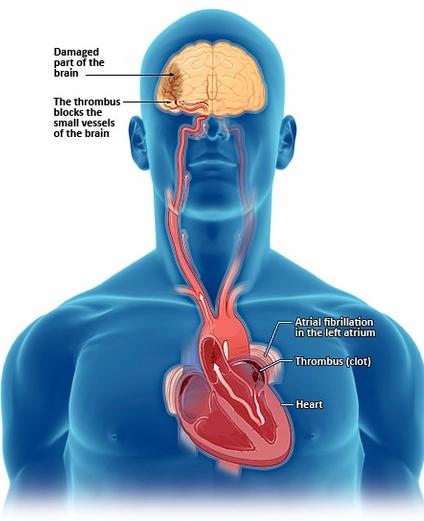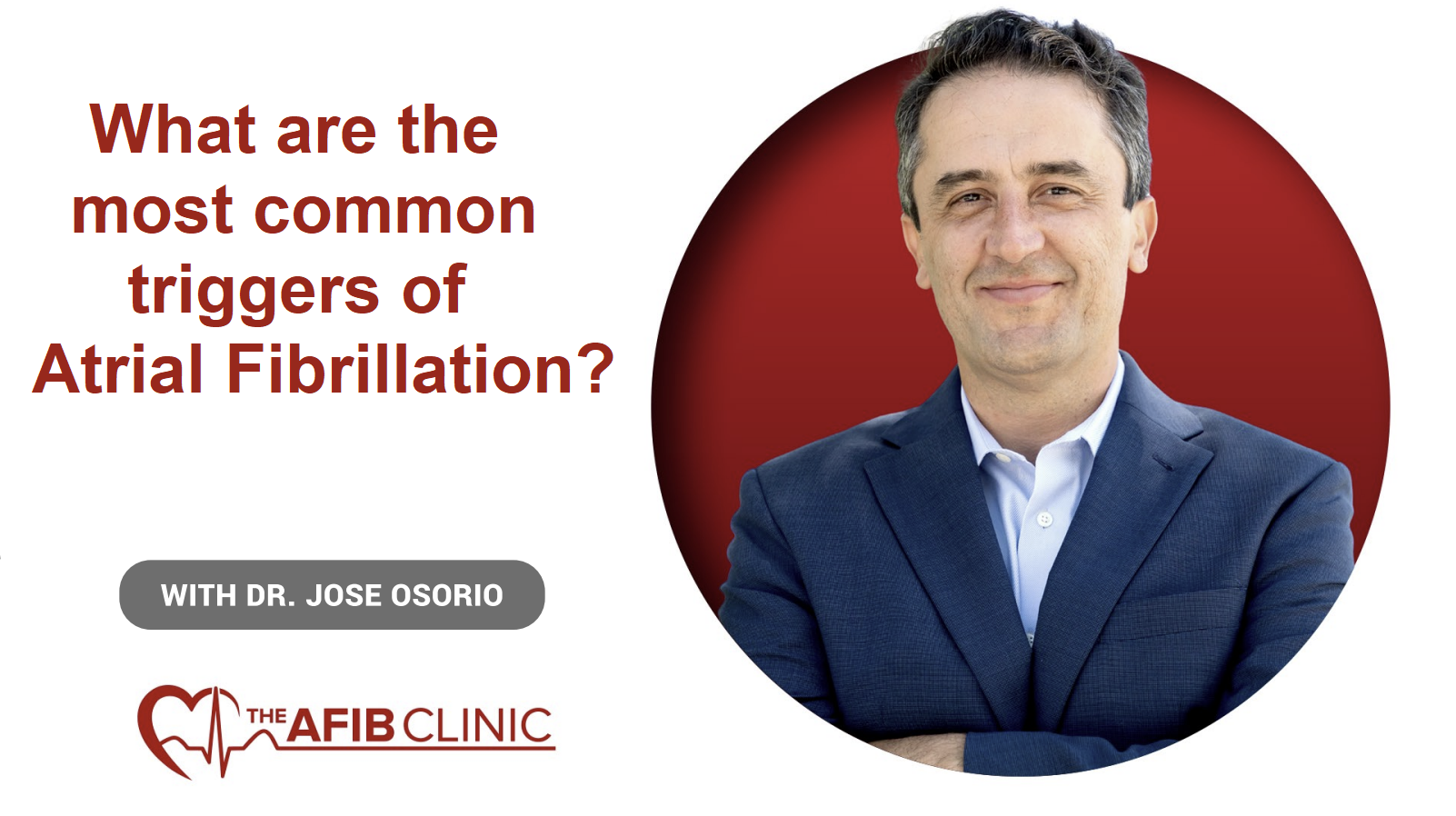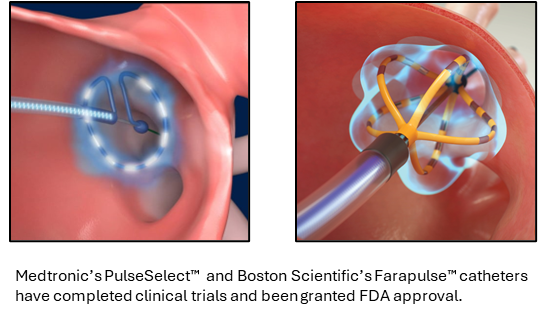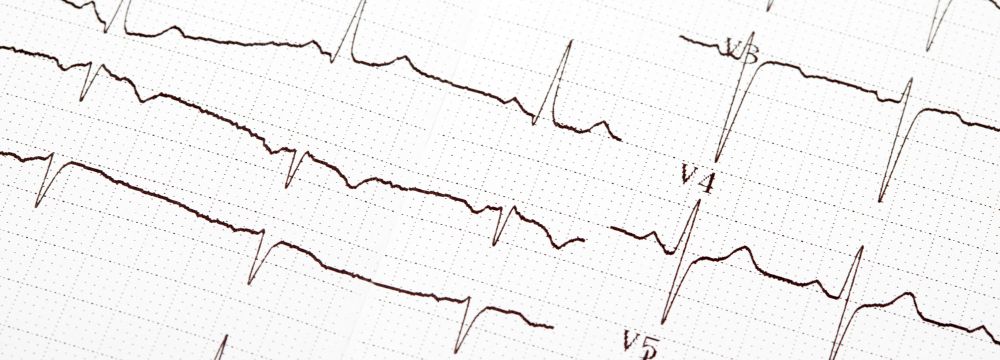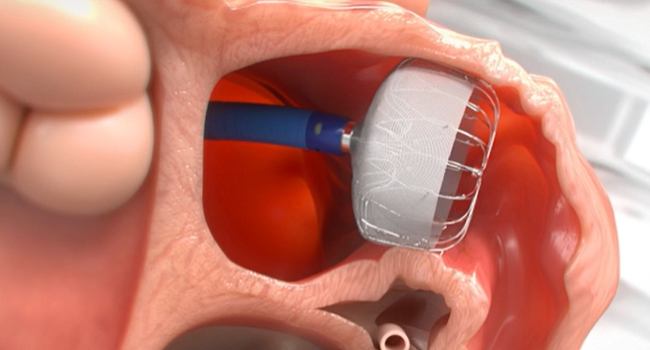Atrial Fibrillation
You have been diagnosed with Afib: Now What?
Your doctor recently told you that you have atrial fibrillation or AFib. So what does that mean? What do you have to do now? Rest assured, there are many treatment options for patients with atrial fibrillation today. But it does need to be addressed, and it is important for you to get educated on AFib, the natural history and consequences of the condition, and the treatment plan.
What is AFib?
First, you’re probably wondering… “What is AFib?” That can be a very long answer; but in short…
It is the most common abnormal heart rhythm, affecting millions of people. While in AFib, the top chambers of the heart don’t contract normally but rather just quiver. Because the top chamber is not contracting, there are two important consequences you should understand: there will be reduced cardiac output, and blood can pool in a small pouch called the left atrial appendage. This is why AFib can cause symptoms and increase the risk of strokes.
What do you need to do if you have AFib?
The most important consequence of AFib is the risk of stroke. Patients with AFib are at higher risk of having a stroke in the future. Depending on your other medical problems, you may be at very high risk for a stroke as well. You may need blood thinners to reduce the risk of stroke (you’ve probably seen the TV commercials for these blood thinners). Procedures can be performed to reduce your risk of stroke.
There are also treatment options that are mostly centered around making you feel better but also in preventing long-term consequences of AFib. These treatment options include medicines or procedures (AFib ablation) to keep you in a normal rhythm and prevent AFib.
What should you do now?
Your doctor may refer you to a cardiologist or a cardiac electrophysiologist specializing in treating abnormal heart rhythms. They will most likely talk to you about your risk of stroke and possibly start you on a blood thinner. They will also discuss the other treatment options to improve your quality of life. You should ensure you fully understand all the treatment options to make the best decision.
Anything else you can do?
There are risk factors for AFib that you can address on your own. Being overweight, smoking, and excessive alcohol use are all major risk factors for AFib that will need to be addressed. If those apply to you, then you can work on fixing those risk factors, which may improve the success rates of managing your new diagnosis.
Atrial Fibrillation (AFib) is a condition that can impact your quality of life and cause strokes. AFib treatment should be individualized to meet each patient’s needs. If you have further questions, please see us at The AFib Clinic for more information.
Dr Jose Osorio
Miami, FL
Read More about Atrial Fibrillation:









